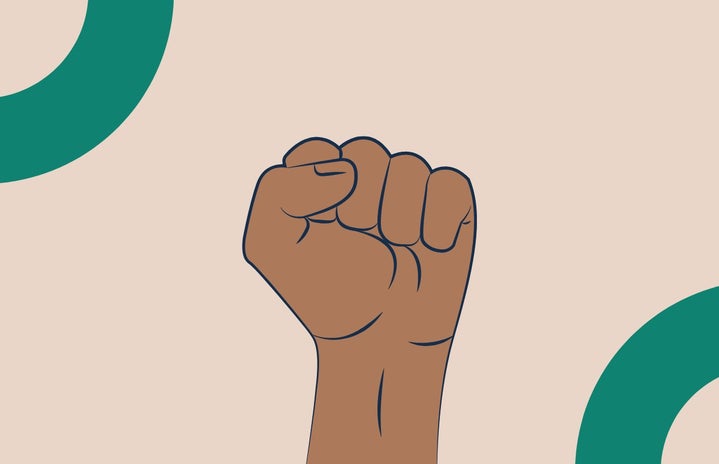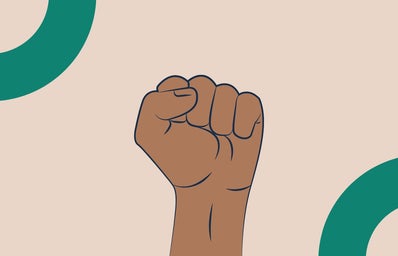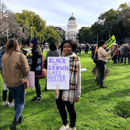The deaths of Breonna Taylor, Ahmad Arbery, and George Floyd have impacted me in a way I have never felt before because of the recent African American history I learned in the past six months. While reading Creating Black Americans by Nell Irvin Painter, I often flipped back through the pages to check the dates of the events I was reading about. History has repeated itself so many times it was exhausting to read about how my people have suffered but always survived, and sometimes even thrived. My previous education never helped me make connections and never taught me the importance of African American history. In the past, I learned about the Civil Rights Movement but never connected it to the unfortunate reality of slavery in the United States of America created for African Americans.

The Jim Crow Era ushered in the Supreme Court verdict of the Plessy v. Ferguson case in 1896. In 1892, Homer Plessy, a Black man, rode in the first-class coach in Louisiana. The railroad company kicked him out, and he sued the company. The verdict was that racial segregation was fine if it was “separate but equal” (Painter, 2007, p. 154). White supremacists were still unhappy and lynched Black people as often as they could. And often there was no justice for those who were murdered. The current situation we are in today was a product of history and that is something we cannot ignore. For four hundred years, African Americans were taught they were less than and everyone else believed it. This hurts the most. African American history is the history of America, the blood of my ancestors is in the soil, the wealth of this country was from the years of labor of African Americans, and people do not recognize these facts. We need more education and empathy because this present is too familiar to the past.

I am grateful that I have not suffered all of what my people have endured, but I always keep in the back of my mind that it could have been me. I continue to Say Their Names and use my voice as a writer to end the oppression of my people. It warms my heart to see celebrities like Kendrick Sampson, Jamie Foxx, YUNGBLUD, Halsey, and Nick Cannon who are on the front lines of the protests. Black people are resilient and will continue to survive until the end of time.



